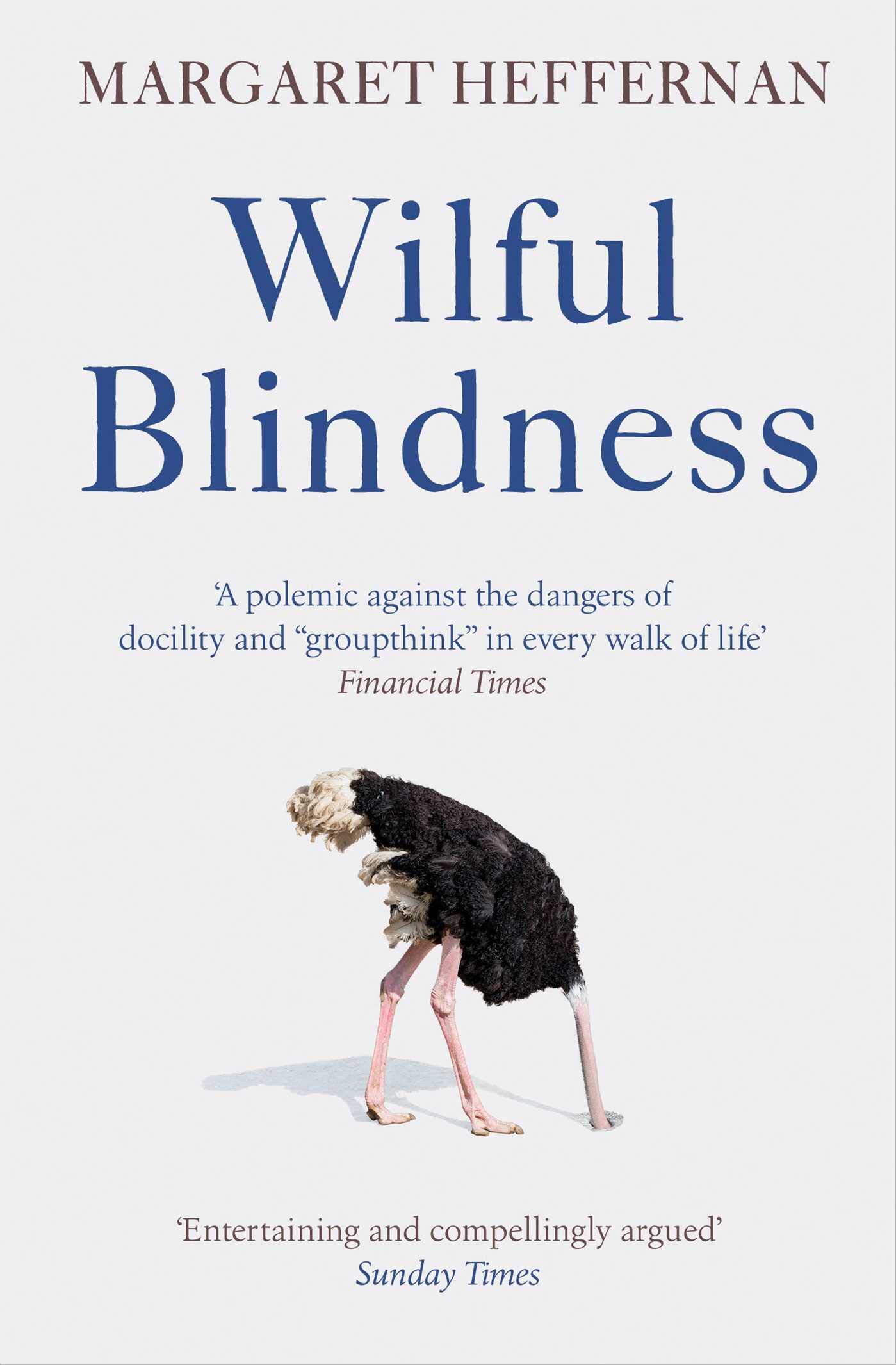(Wrote this when the movie came . .)
Saat Khoon Maaf. Bolly wood has arrived? At least it’s evolving. If you have seen the movie we can talk about it. If not, you may still go on reading. At the risk of getting biased. Not really! It comes from a novice and not a critic.
I watched the movie twice in last week. Once in Mumbai. With a friend. And the second time because I had promised Nidhi, my wife to go with her to this movie. Before you draw any conclusion about me being a good husband, let me confess it was not really about the promise. In fact, Nidhi, as always, gave me the choice of spending the Sunday at home as she felt she could not torture me with the same movie again in three days. No movie could be worth it, she felt.
I felt otherwise. Even otherwise not known for popular tastes, I felt an inclination to see the movie again. I was getting amazed by the wide variety of issues this movie was touching upon, as also discovering a connecting link with our job.
Quite obviously and boldly, this movie’s about that all hyped subject – still talked about more and acted upon less- women empowerment. ‘All married women would have thought of killing their husband at least once in their life time!’ says Sussana towards the end of the movie. We may all go on the defense and feel ‘we’ are an exception. Are we? We may be, but is it because we are any better? One reason Sussana tells her ‘sugar’ is that he’s alive because he has a child and it becomes that much easier for us wives to tolerate us husbands with a child around! Could it also be because the societal norms have kept us husbands from being as beastly as the six [ why is the movie titled 7 khoon maaf? I could count only six mortal husbands and six murders!] and the same societal norms have tutored us wives to ignore the subtler forms of beastly acts of husbands? The norms- the subjective ones as they have to be by nature- are still more defined, more rigid for us wives and as she crosses that lakshman rekha, she’s suddenly to be hated. For us husbands, the norms are fluid, interpretable….
What risk we are at to develop a complex also if we are lacking in something. Major Edwin, a decorated soldier cannot digest the fact that he is disabled. Disability is not just physical. Can we not all then get into this ‘disbility syndrome’- for no one’s without some or the other disability?
The movie also interestingly contrasts the outward and the inward humans. Major Edward, Rock star Jimmy, poet Mohammad, Russian friend, Intelligence Bureau Officer, talented naturopath Mathuda are all ‘successful’ admirable people in this world. And what are they inside? Different from what they are outwardly. Kitne mukhoute pehnein hain hum ne?
The movie also depicts the lives of the ‘bold and the beautiful’, the ‘rich’! They are still the ones that us middle class India aspires to be! They are still envied as being ‘lucky’! As more and more of us Indians move to, or can aspire to move to this class, thanks to the economic growth, we can peep into their lives to discover that ‘all’s not well’. Too much money may be good, but without an engagement in life- some work, something- the void may seem suffocating. Devoid of a mortal struggle that keeps us happy, engaged, the rich may try to get into a discovery of what even Sussana cannot find- ‘true love’! ‘Mirage’ she describes it. Top it with alcohol and the mirage eludes you more. Would there be a ‘sugar’ or a ‘mistress’ in our lives too when we get into that class? Another mirage?
‘Zyada kabhi zyada nahin hota, hamesha kam hi hota hai!’ Madhuda [Naseeruddin] brings home this message subtely but beautifully. Have we learnt to then remain happy in less? Or is it only a philosophical message not to be taken too seriously?
‘Drink in blood!’ dialogue is delivered with confidence. There is not an iota of repentance or guilt. These things may happen the first time a khoon is done. Later it may become a habit. ‘Muh khoon lagna’. Also, what is the psychology of a criminal? Is he/she always at fault? Or like Susanna, he/she is only trying to give justice as he/she’s not received one.
At yet another level, if some khoons were to be pardonable, would we not rather do them? A khoon not of a human being, but of any societal curse. When someone does a ‘copy mukta abhiyaan’, or transforms a Nagpur, or brilliantly promotes MREGS, or does an MP-SIMS, or works brilliantly towards tribal development in a naxal district, or transforms the way registration is done or transforms a YASHADA, or successfully implements a Tanta mukti or a Gadge Baba abhiyaan, he does a khoon of many vested interests may be. And these khoons He loves to pardon.


